Human Resistin Precoated ELISA Kit
$499.00
Out of stock
In-stock products will arrive in 1 to 2 business days
Key Features
✓ Assay Range: 31.3-2000 pg/mL
✓ Sensitivity: 15 pg/mL
✓ Sample Types: Serum, Plasma, Cell Culture Supernates
Size
✓ 1 Kit (96 well plate)
Need Help Ordering?
Product Details
Storage & Preparation
Data Images
Background
Product Documents
Product Details
| Product Type | Quantitative ELISA, Colorimetric |
| Product Summary |
|
| Reactivity | Human Resistin
|
| Product Components |
|
Storage & Preparation
| Shipping | Shipped on blue ice |
| Stability & Storage | Store the unopened kit at 2-8℃, The kit is stable for 12 months. Do not use beyond expiration date. |
| Reconstitution | See Datasheet for Component Preparation |
Data Images
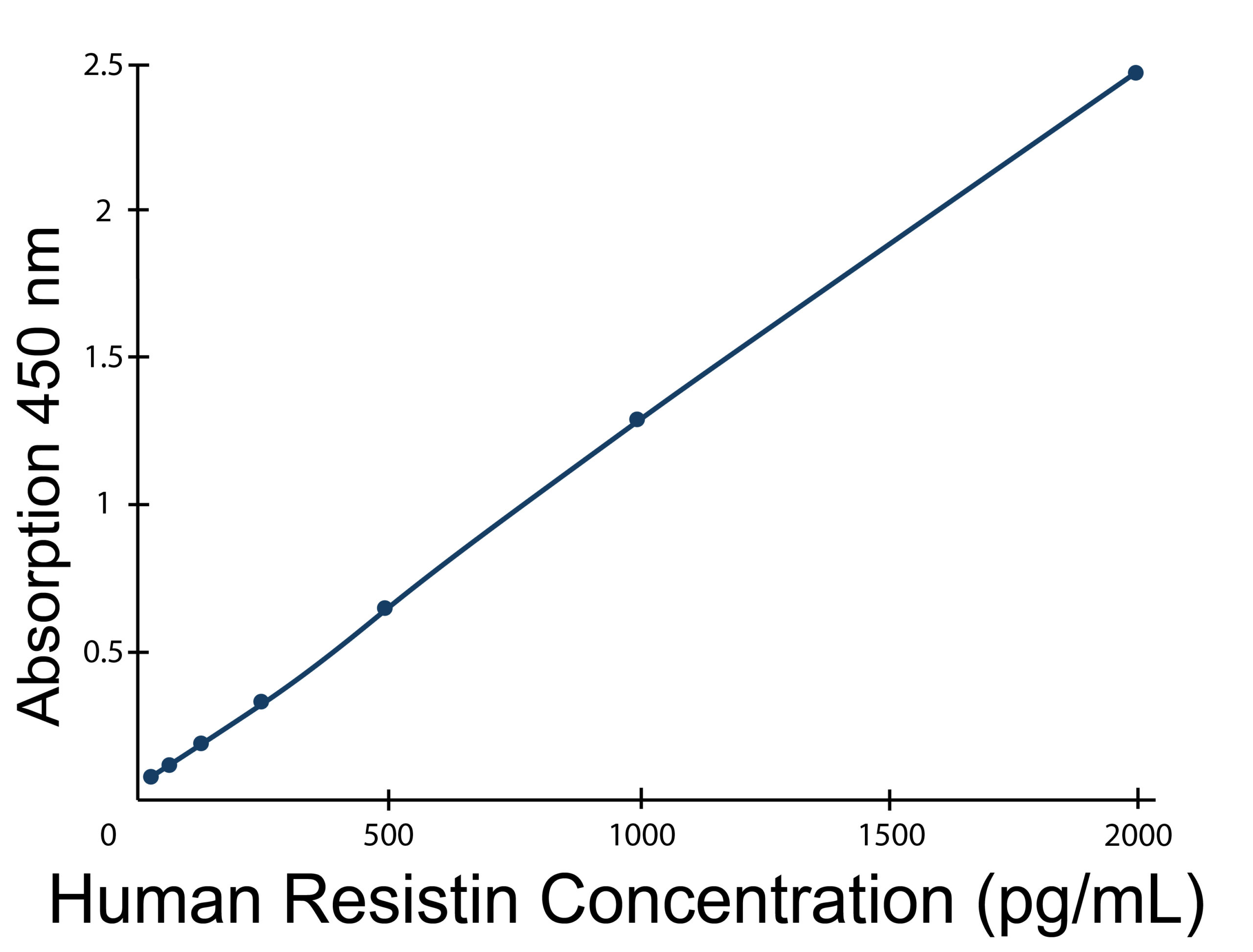
Human Resistin ELISA standard curve, typical data. User-generated standard curve is required for each set of samples. Please refer to protocol.
Background
| Alternative Names | RETN, Adipose Tissue-specific Secretory Factor, ADSF, Cysteine-rich secreted protein FIZZ3, FIZZ3, HXCP1, RSTN, XCP1 |
| Function | Although initially discovered in rodents as a mediator of insulin resistance, human Resistin appears to have a more prominent role in linking inflammation and metabolic dysfunction rather than directly controlling glucose homeostasis. In humans, Resistin is primarily produced by immune cells such as macrophages. It is implicated in promoting proinflammatory cytokine production and contributing to the low-grade chronic inflammation observed in conditions like obesity, type 2 diabetes, and cardiovascular diseases. Resistin is a member of the Resistin-like Molecule (RELM) family. It is a cysteine-rich protein that typically forms disulfide-bonded oligomers (often hexamers). |
| Tissue Specificity | Resistin is predominantly expressed in macrophages and other mononuclear cells found in the peripheral blood. In human adipose tissue, Resistin is not primarily made by fat cells (adipocytes) but by the stromal vascular cells, which include macrophages, highlighting a role in linking inflammation and metabolic dysfunction. Expression of Resistin has been observed in cells within the bone marrow, suggesting a role in hematopoietic and inflammatory processes. |
| Cellular Localization | Secreted protein |
| Involvement in Disease | Resistin dysregulation has been reported in obesity and insulin resistance, type 2 diabetes, atherosclerosis, coronary artery disease, rheumatoid arthritis and Non-Alcoholic Fatty Liver Disease (NAFLD). |
| UniProt | Q9HD89 |
| Gene Symbol | RETN |
| Entrez Gene ID | 56729 |
Product Documents
| Product Datasheet | Download Product Datasheet |
| COA | Contact Us |
| SDS | Contact Us |
You may also be interested in related products:
Reviews (no reviews yet)
Only logged in customers who have purchased this product may leave a review.



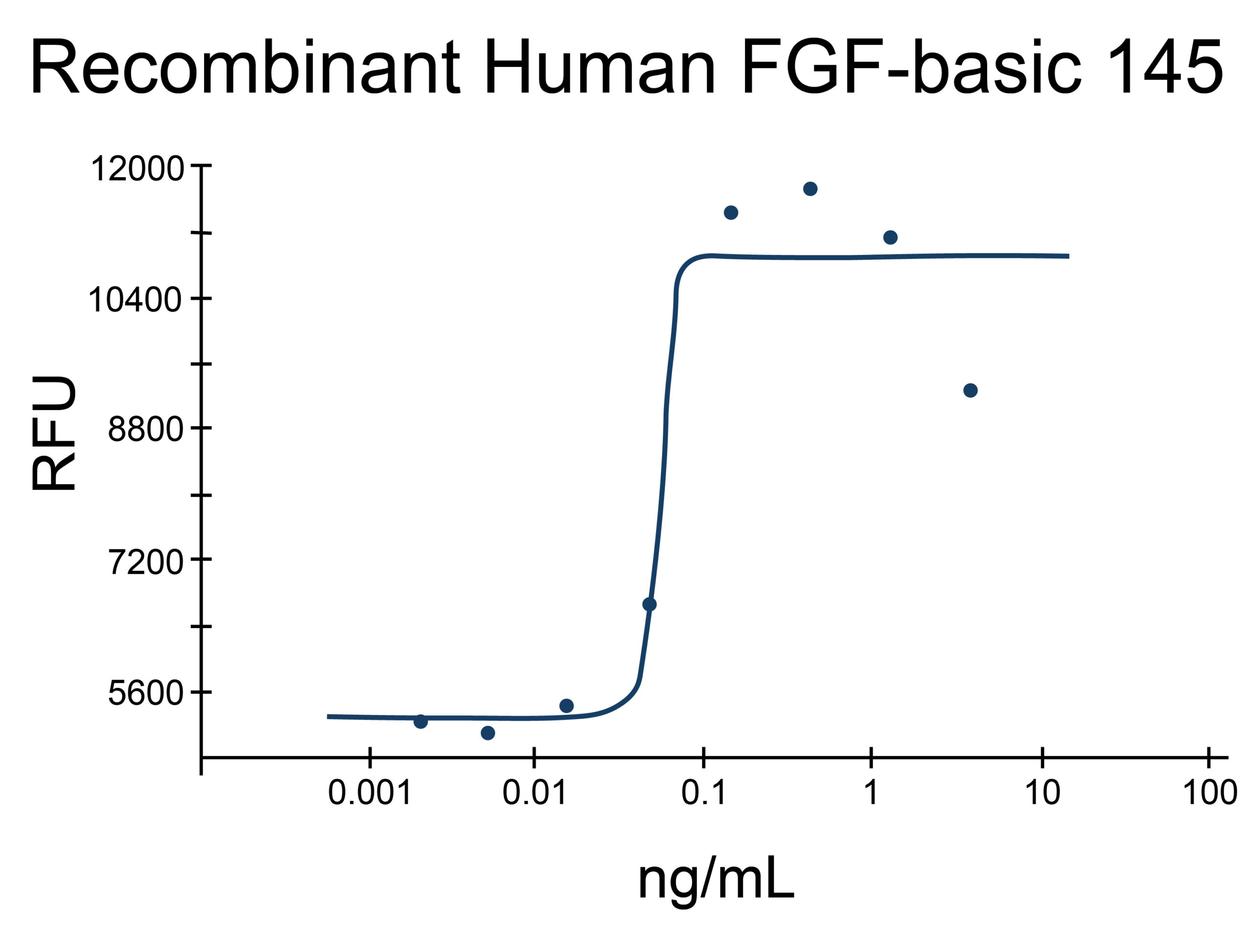

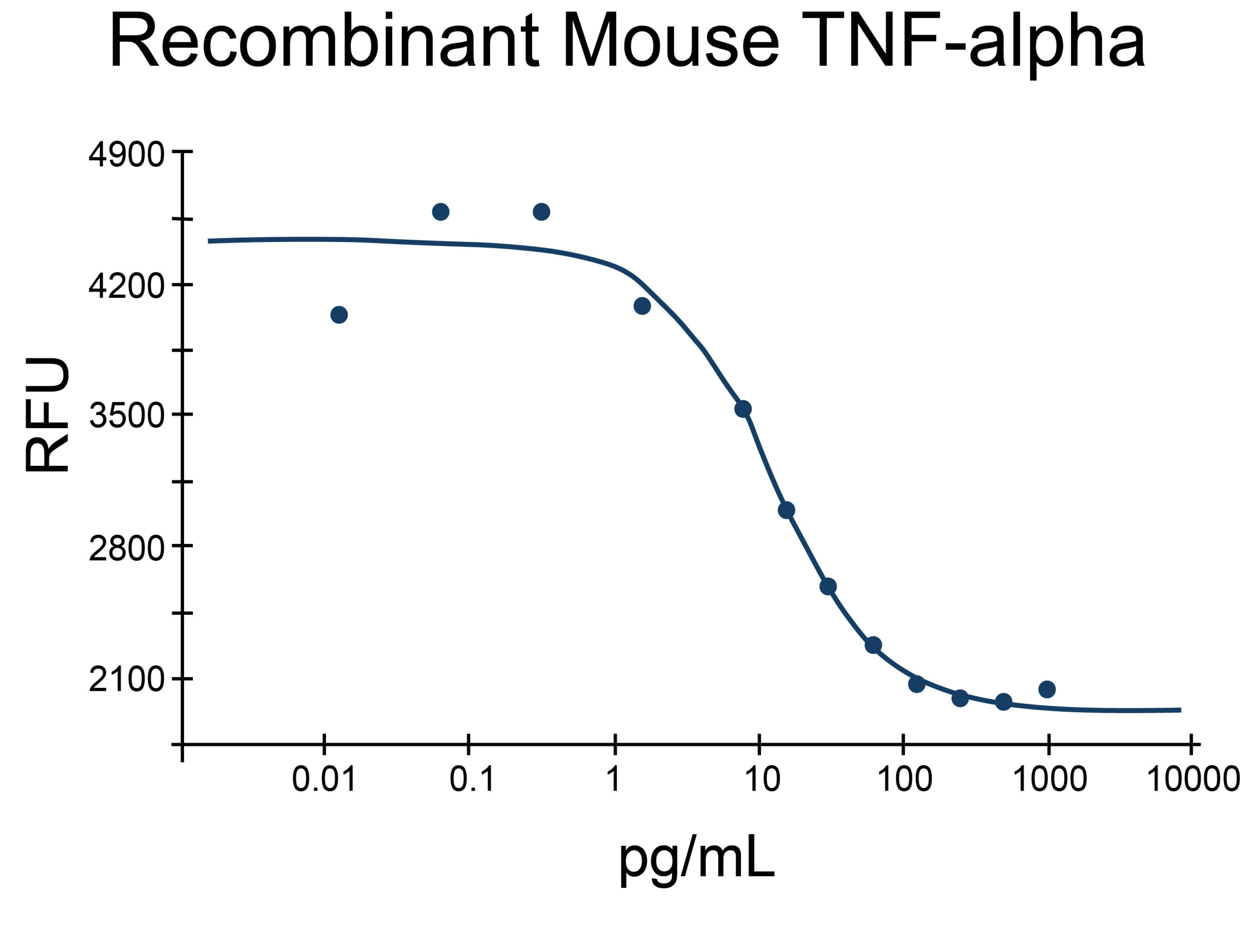
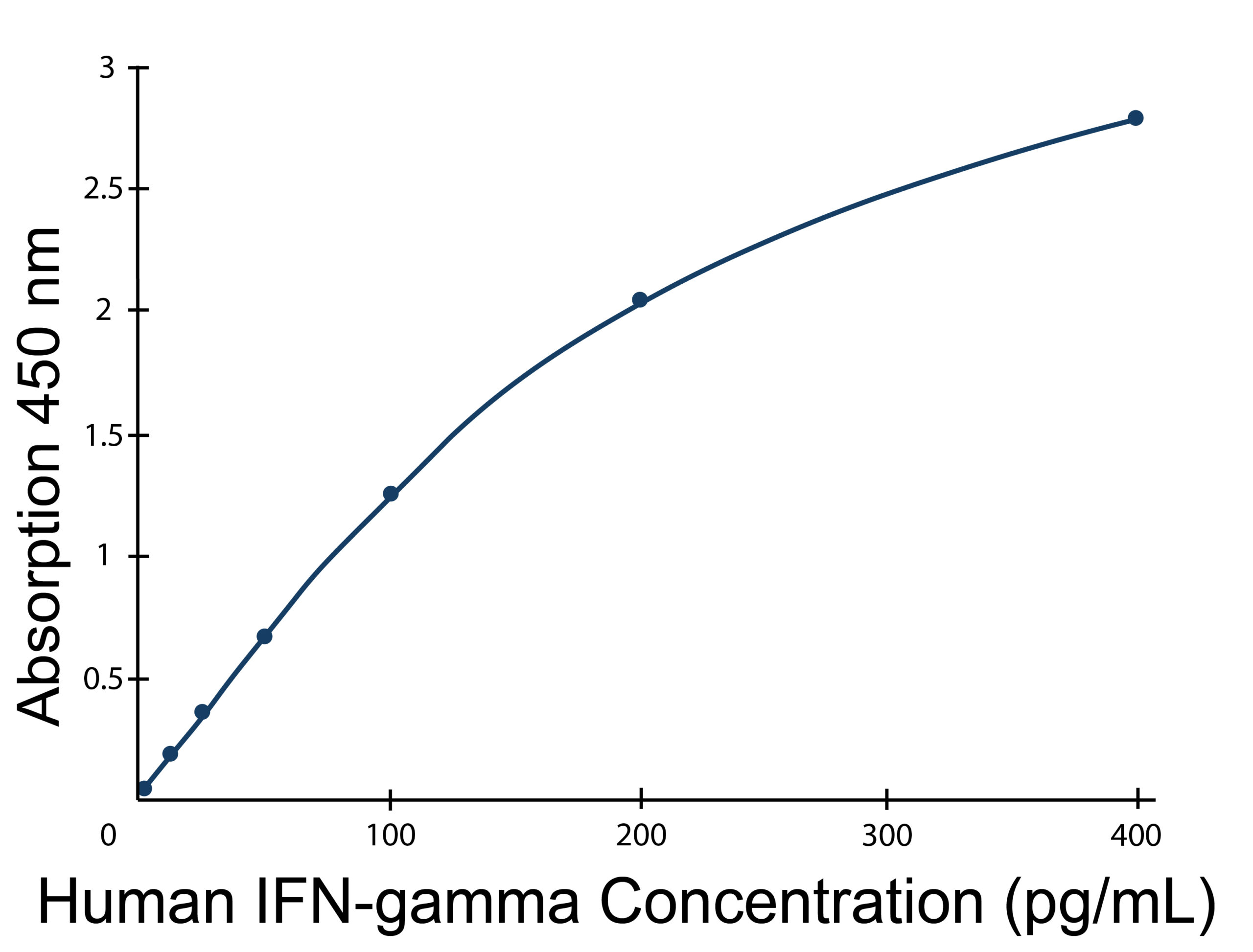
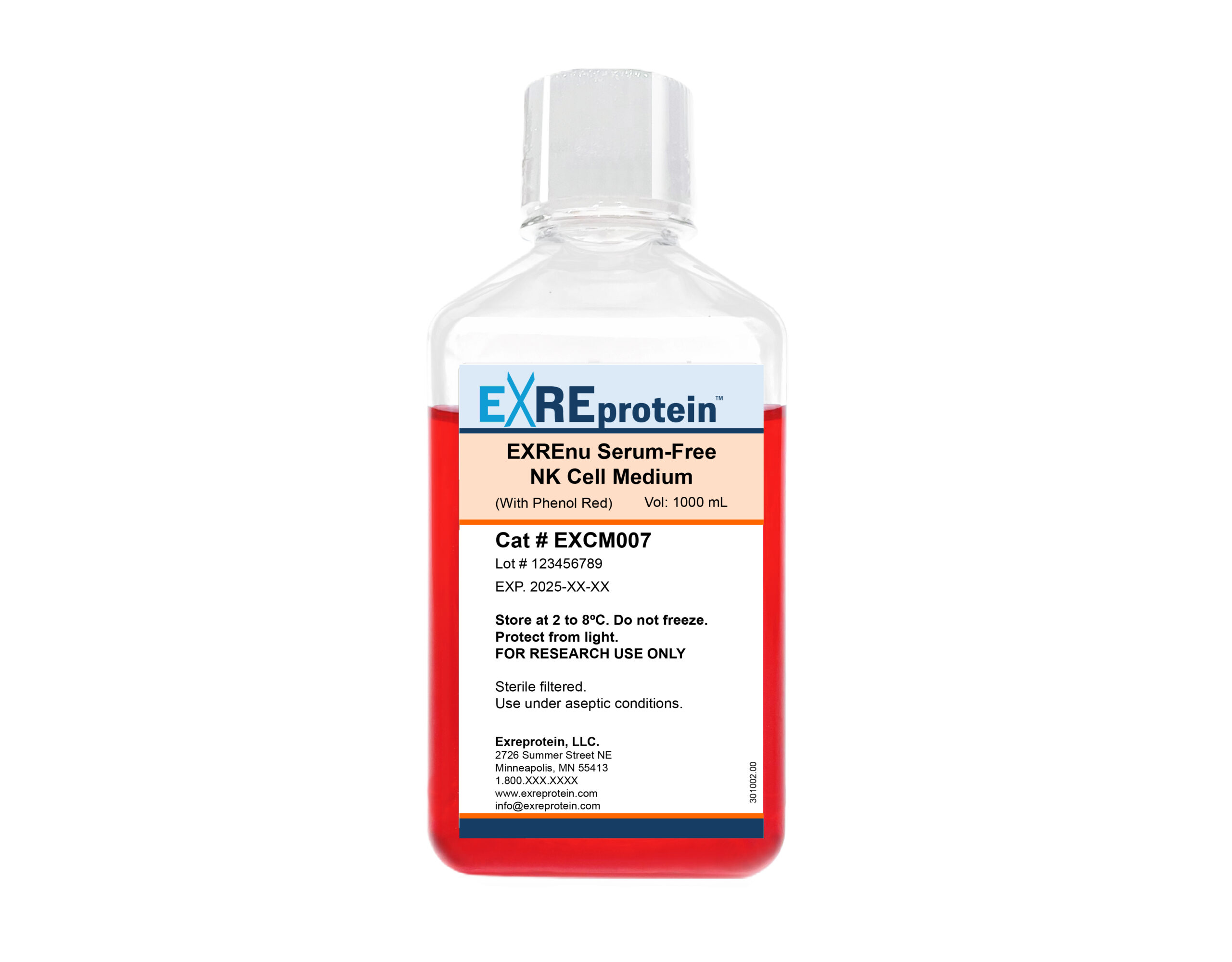
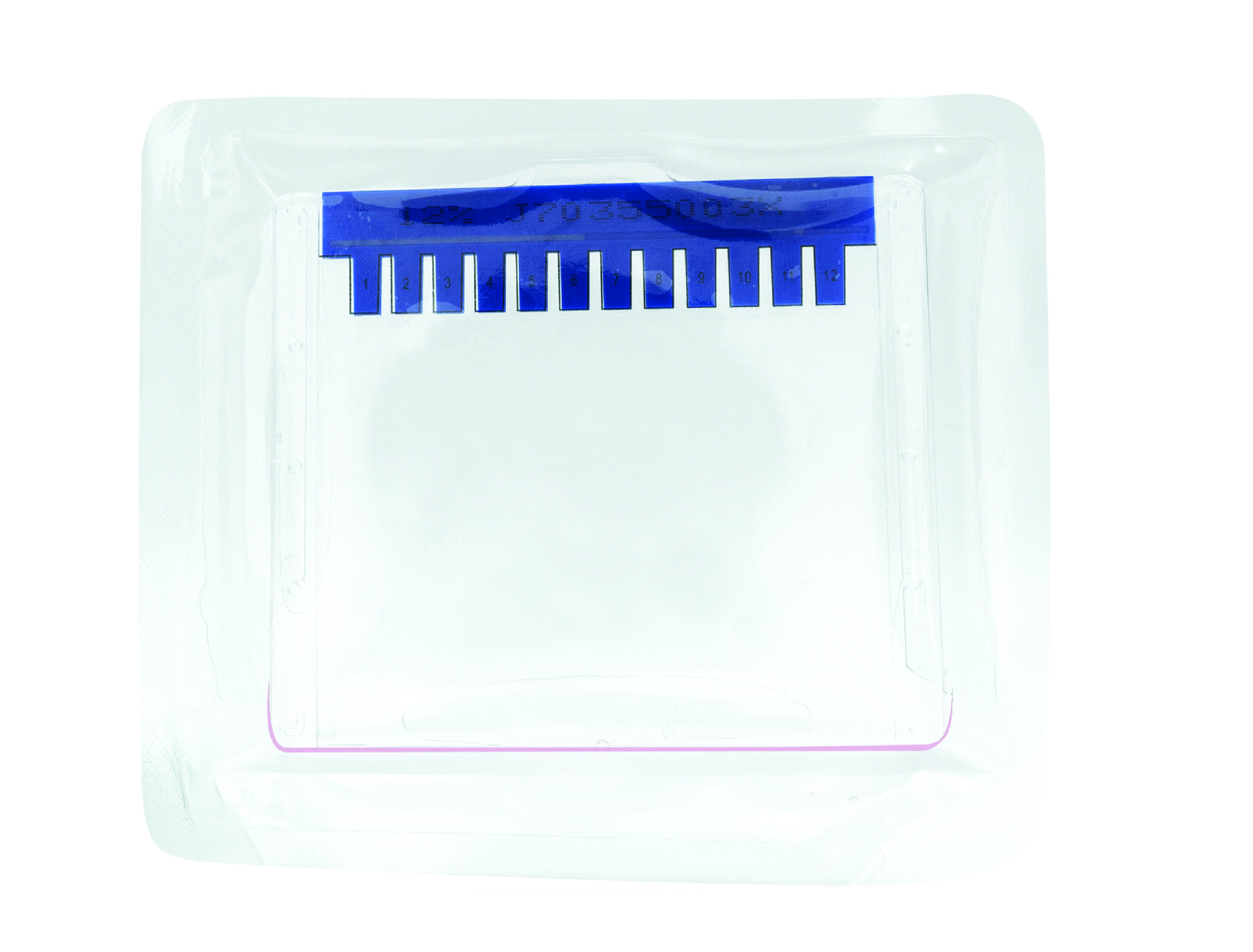
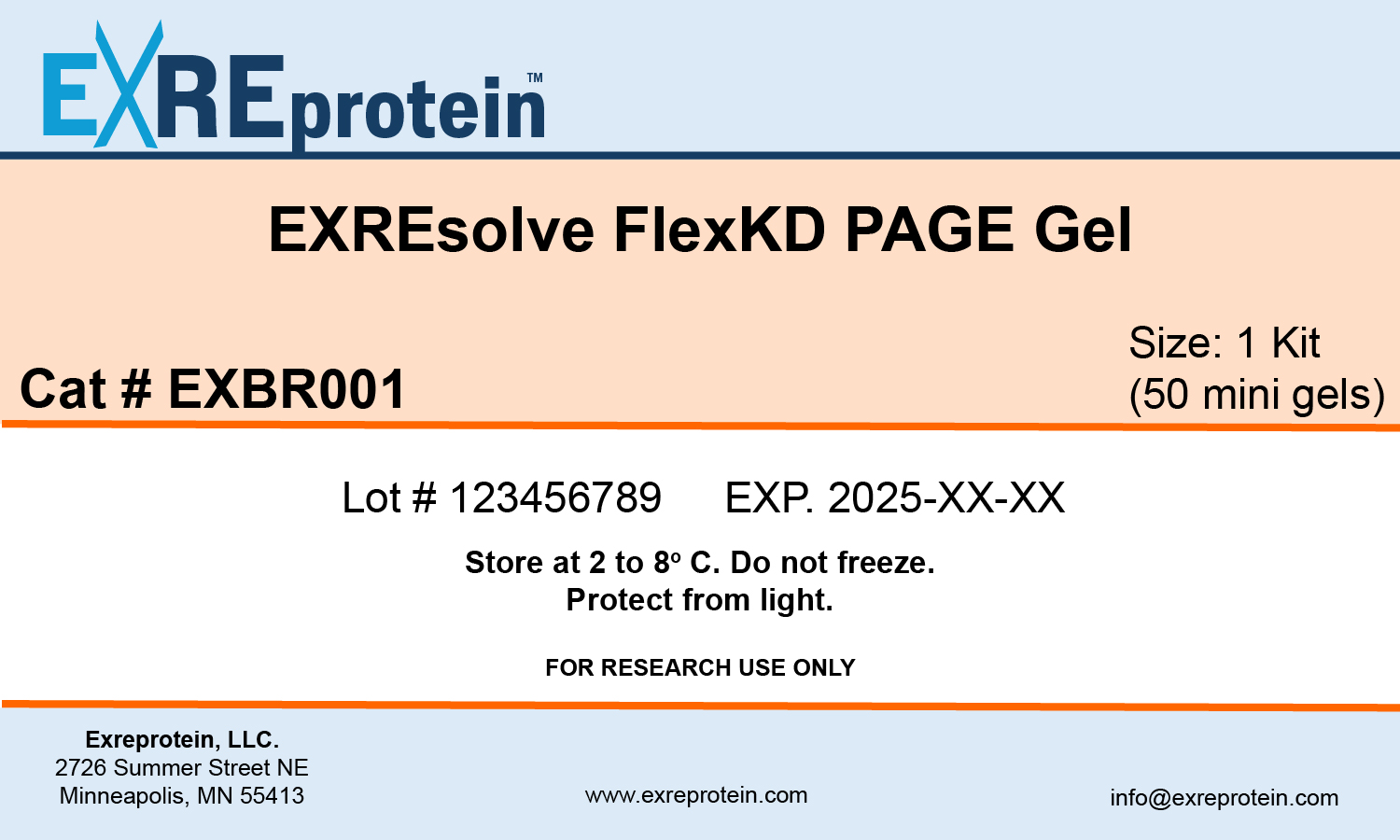
Reviews
There are no reviews yet.